Blogs
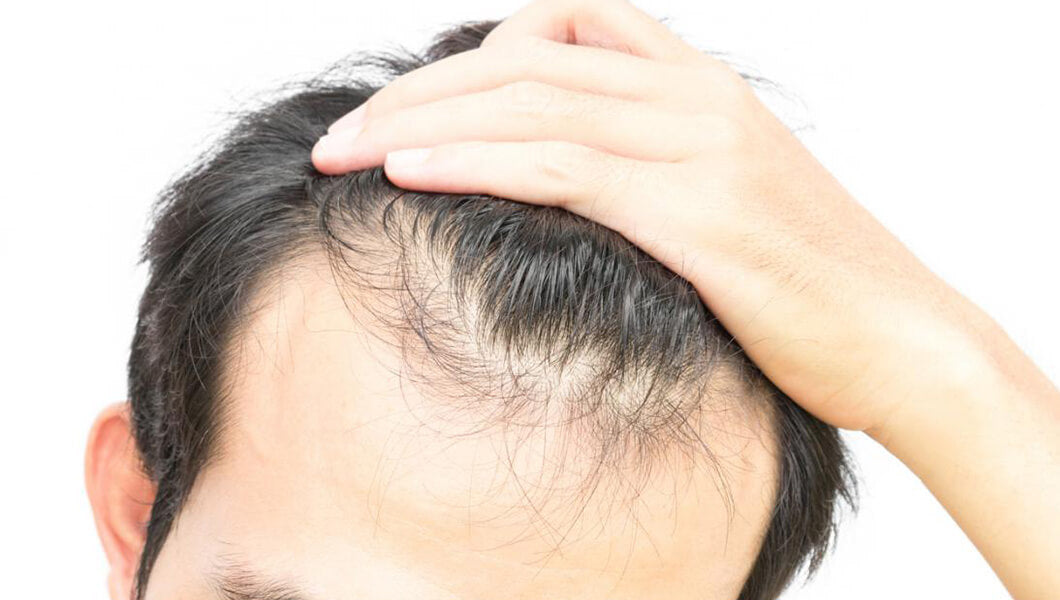
2017-11-23 19:25:00
The Best Hair Loss Treatments At Home
Thinning hair and hair loss is becoming a problem that many people are suffering from. Low...
Read More
2018-02-02 11:32:00
Women's Hair Loss Causes and Solutions
There are many possible causes of female hair loss. When we have a basic understanding...
Read More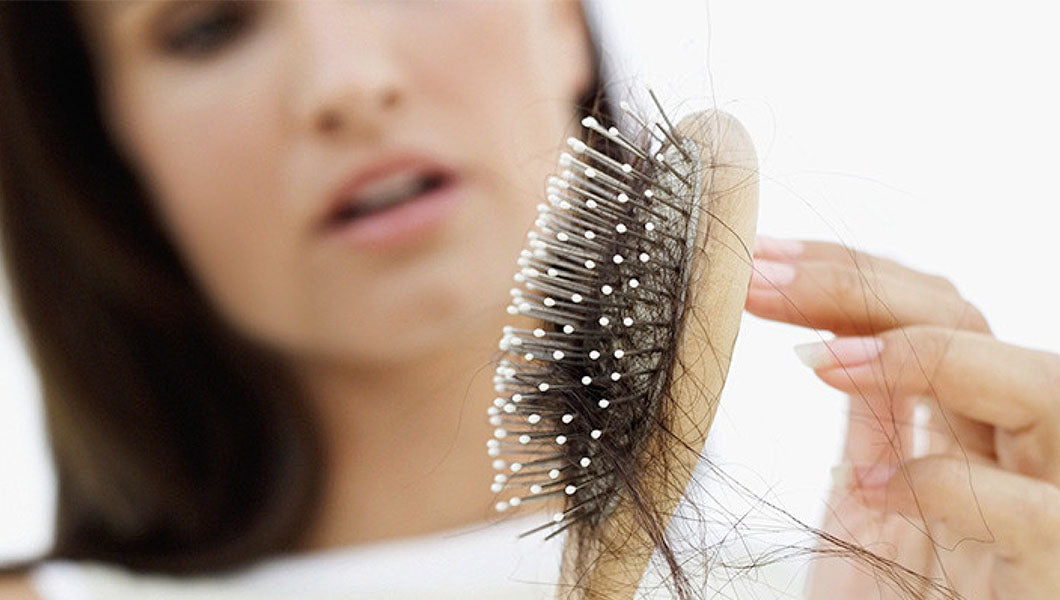
2018-05-31 16:22:00
Best Hair Growth Product, FDA Cleared Technology
Best hair growth product for men and women is well detailed in this post. How...
Read More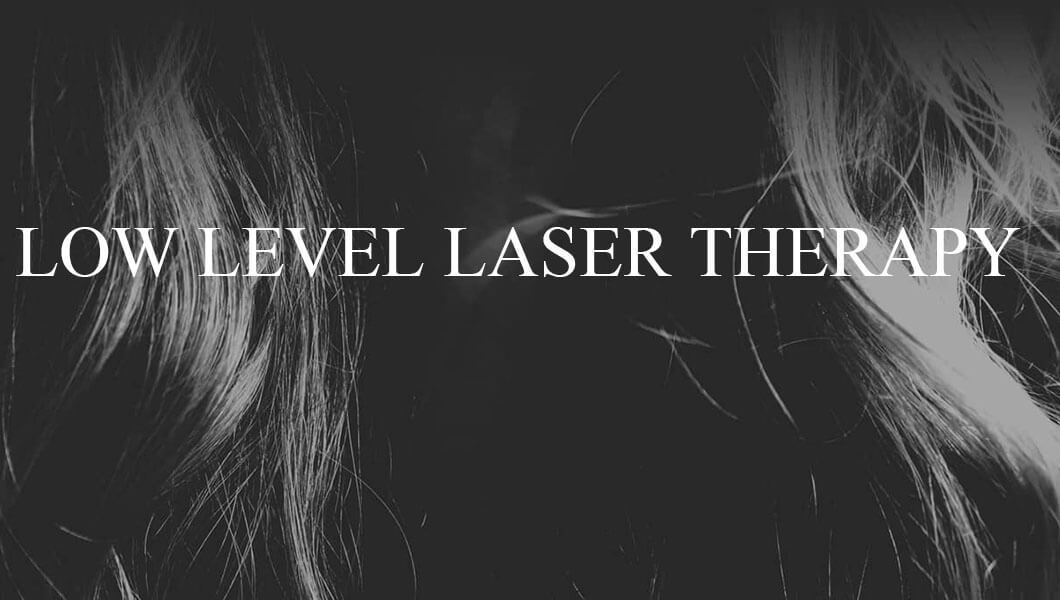
2018-06-08 15:06:00
Best Laser Hair Growth Device - Low level Laser Therapy (LLLT) Hair Cap
Low Level Light Therapy (LLLT) | Laser Treatment for Hair Loss. Laser cap is the best...
Read More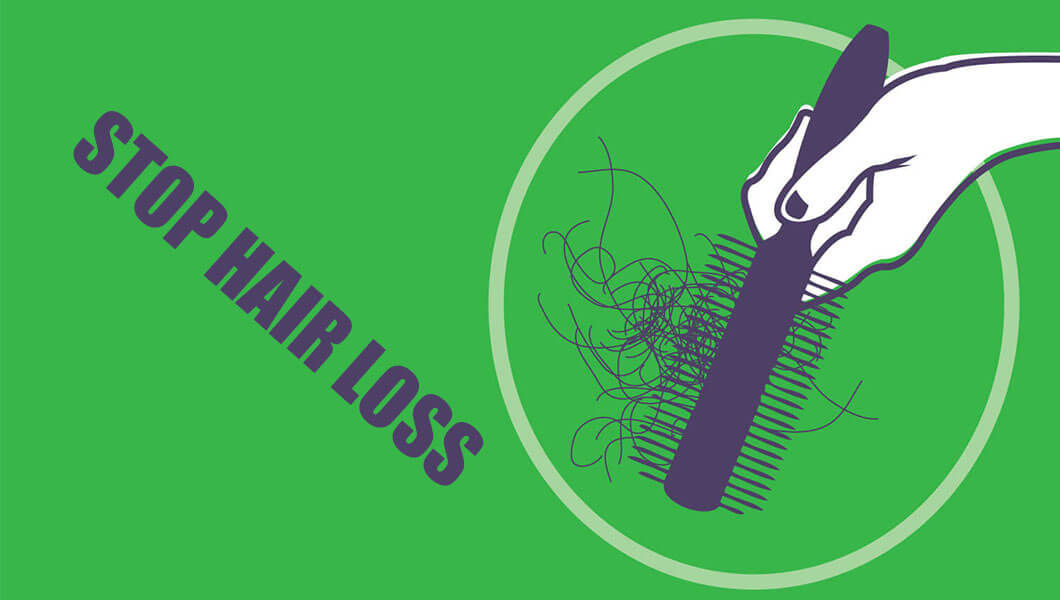
2018-06-20 18:34:00
How to Reduce Hair Fall in Men and Grow New Hair?
This article details solutions to hair fall caused by various reasons such as stress, drug...
Read More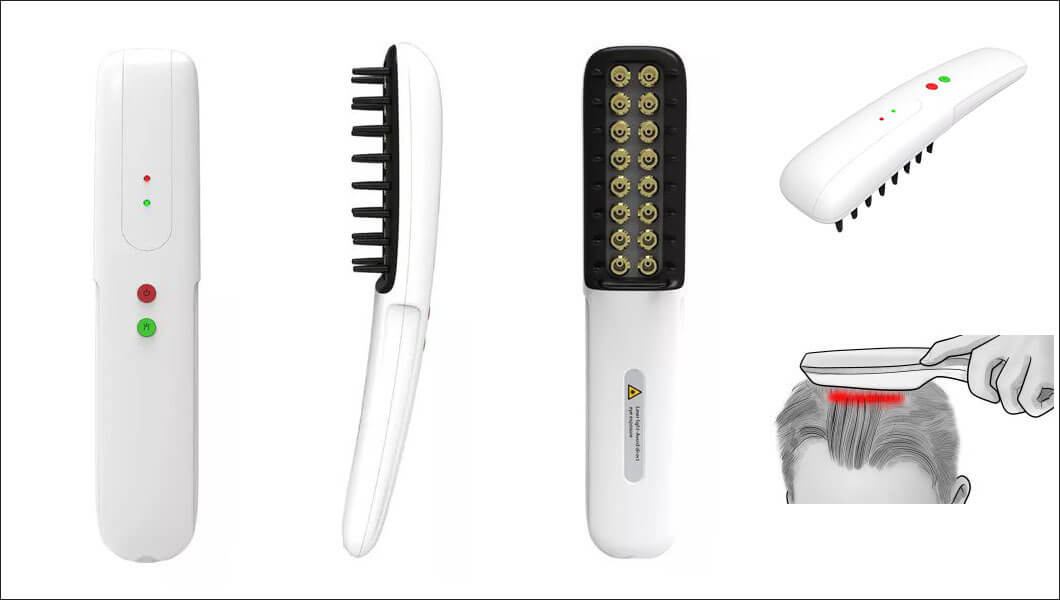
2018-06-25 16:45:00
How to Use ReHair® Laser Comb for Hair Growth?
ReHair® Laser Comb uses low level light therapy (it can be used to reverse hair...
Read More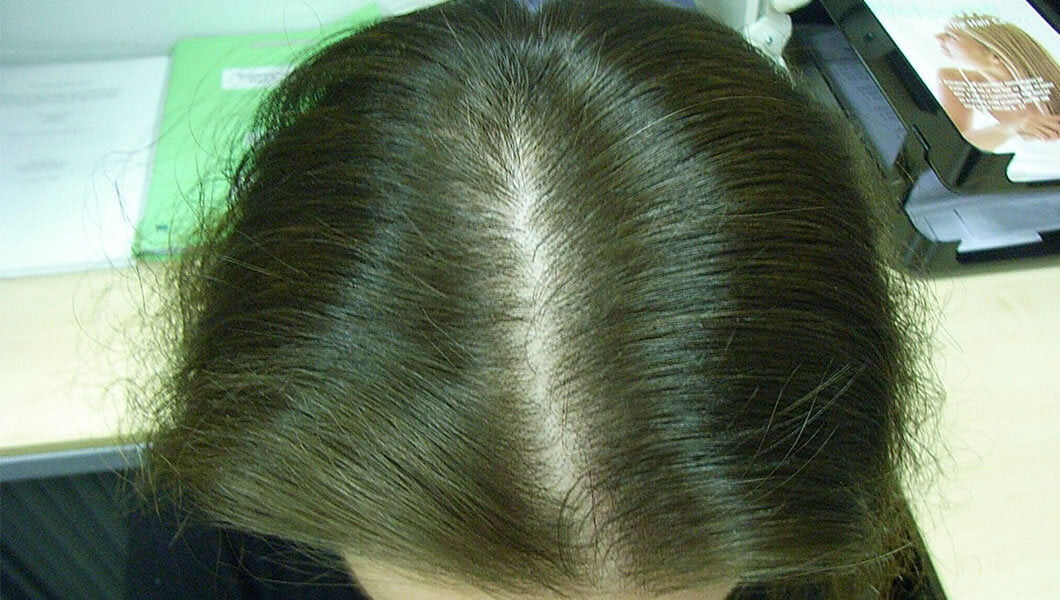
2018-07-03 09:28:00
#1 Success Story: ReHair® Laser Cap Treatment Helps Charlotte Reverse Hair Loss
The treatment of female androgenic alopecia with LLLT cap. Charlotte’s treatment has shown that laser...
Read More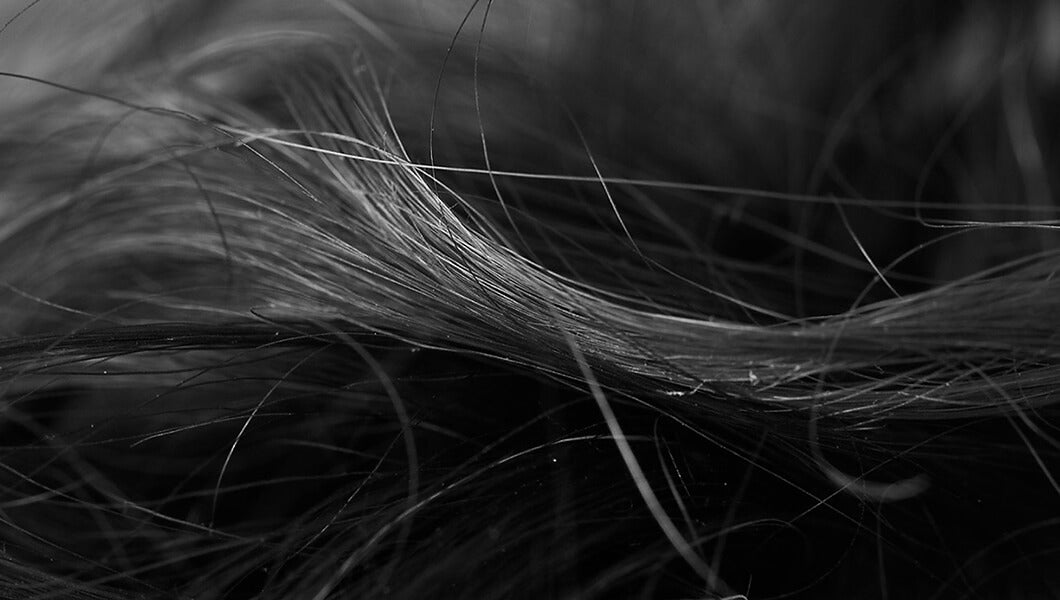
2018-07-11 17:34:00
Laser Hair Regrowth Treatment: Best Devices and Cost
Laser comb & laser cap are the best laser hair regrowth devices. Laser hair growth...
Read More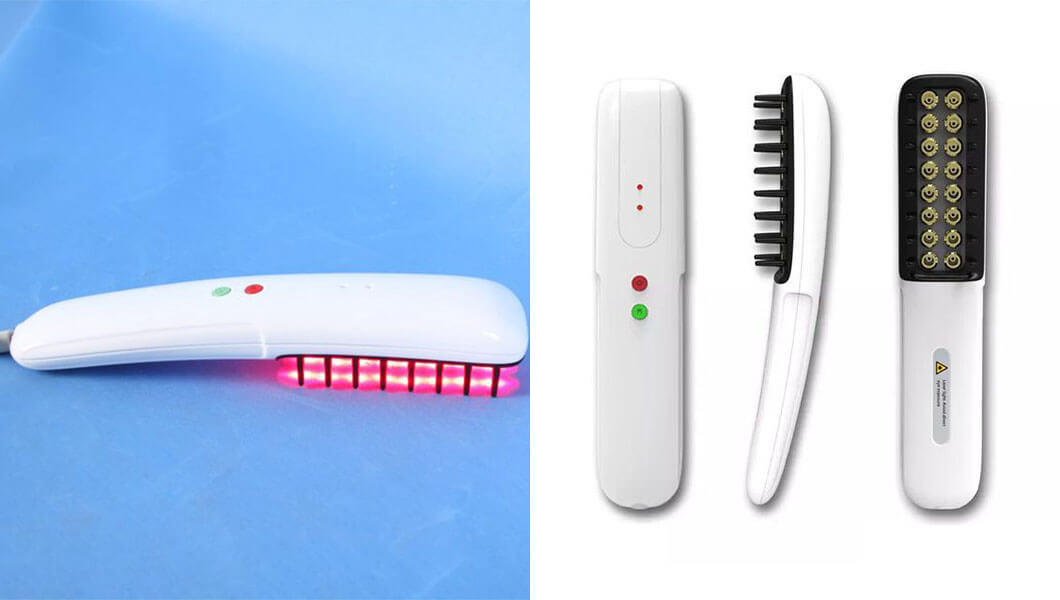
2018-07-26 16:59:00
#2 Success Story: ReHair® Laser Comb Therapy for George Suffering from Early Hair Loss
Laser comb therapy is the most convenient and effective treatment for hair loss and baldness....
Read More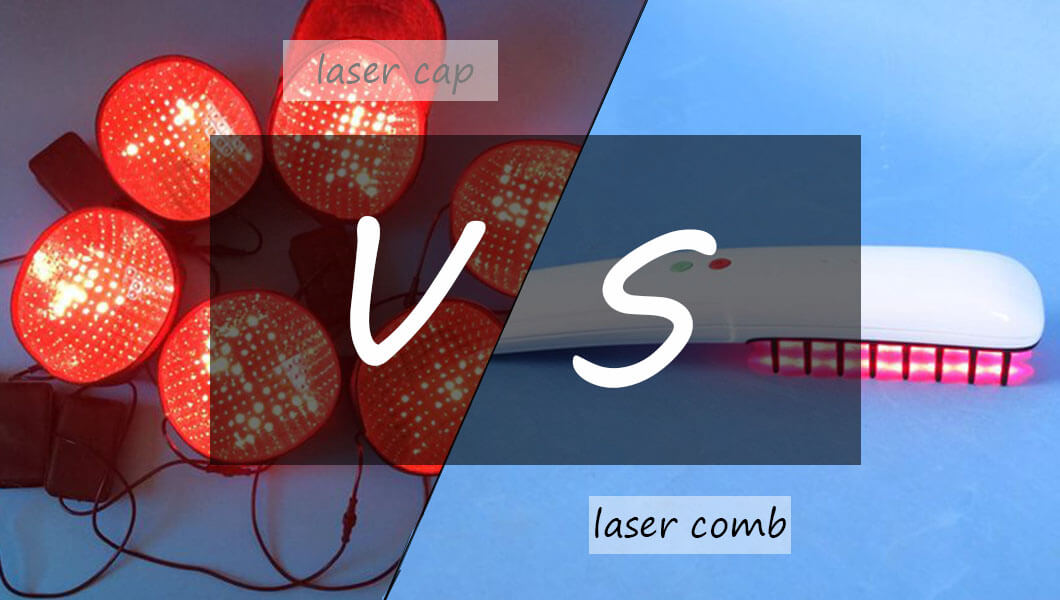
2018-08-01 10:44:00
Laser Caps vs Laser Combs: What is BEST for Hair Regrowth?
Looking to stop your hair loss and regrow hair at home? Is the Laser Cap a better...
Read More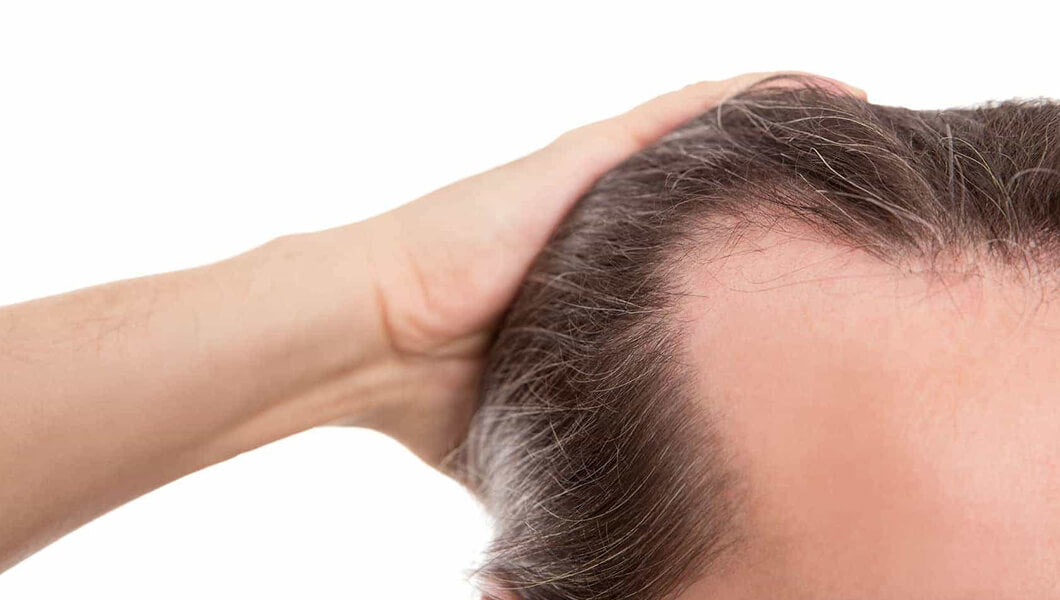
2018-08-24 11:41:00
Who Can I Trust To Give Me The Best Hair Loss Treatment At A Reasonable Cost?
As it takes time for hair to regrow, evident effects can be seen after few months...
Read More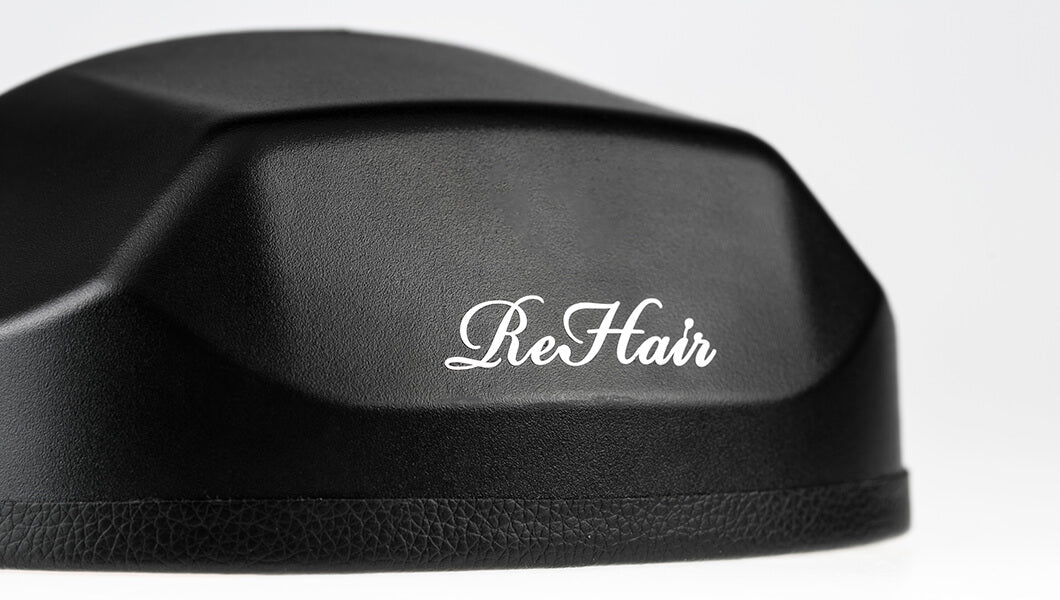
2018-09-07 11:26:00
The Use of Laser Hair Restoration Treatments For Hair Loss
The laser hair growth treatment is a revolutionary form of treating androgenic alopecia, which is...
Read More
